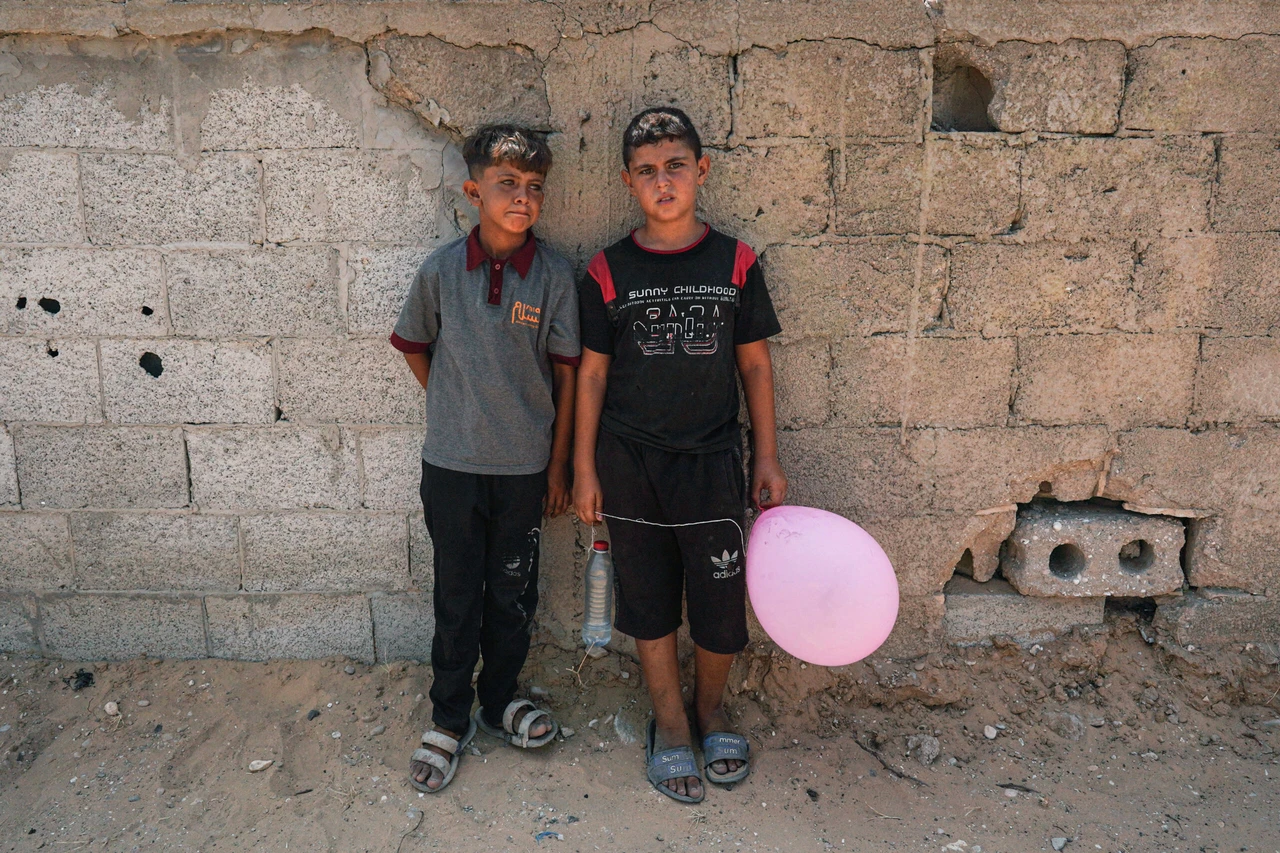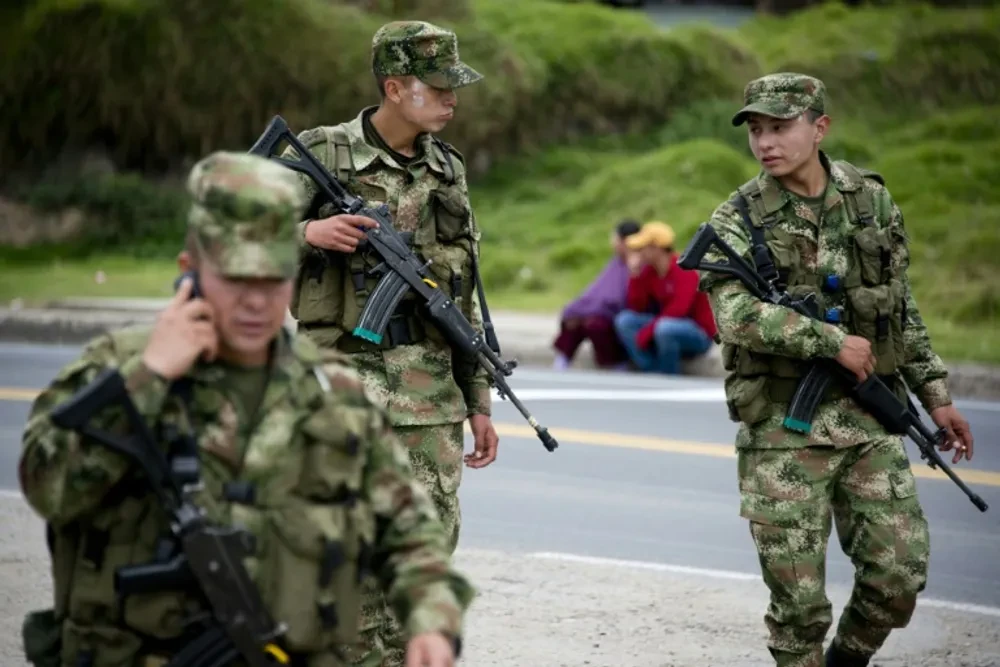Fuel shortage halts wastewater services in Gaza
 Palestinian boys react during the funeral of a casualty of Israeli bombardment on Khan Yunis in the southern Gaza Strip on July 16, 2024. (AFP Photo)
Palestinian boys react during the funeral of a casualty of Israeli bombardment on Khan Yunis in the southern Gaza Strip on July 16, 2024. (AFP Photo)
Wastewater pumping stations in Deir al-Balah, a key city in Gaza, ceased operations on Tuesday due to a severe fuel shortage, raising alarms about a potential health and environmental crisis. The local authority reported that the interruption could affect over 700,000 people, including tens of thousands who have sought refuge in the city amidst the ongoing conflict between Israel and Hamas.
The Deir al-Balah municipality issued a statement confirming the suspension of wastewater services, citing the exhaustion of fuel supplies necessary for the operation of these stations. The statement warned that “roads will be flooded by wastewater” and that “diseases will spread” as a consequence of the halted services.
Deir al-Balah’s infrastructure has been under severe strain, with the city’s emergency committee official, Ismail Sarsour, noting that 19 pits and two large reservoirs are currently unusable. These facilities are crucial for managing wastewater from more than 140 shelters accommodating displaced individuals.
The Gaza Strip has been grappling with a significant power outage since October 7, when Hamas launched a large-scale attack on Israel, leading to an ongoing military offensive. The conflict has left Gaza without electricity, affecting essential services, including wastewater treatment plants that rely on fuel-powered generators.
The Palestinian Authority’s Water Department, based in Ramallah, has recently facilitated the entry of tens of thousands of liters of fuel into Gaza. However, experts in the region caution that the fuel alone will not resolve the crisis, citing a severe shortage of spare parts needed to repair damaged infrastructure.
In response to the crisis, Israel has connected a desalination plant in southern Gaza to its electricity network with the assistance of UNICEF. The operational status of this plant remains unclear.
The Palestinian Authority also indicated that electricity supplies might be restored to central Gaza in the “coming days” to support public infrastructure, though this has not been confirmed by Israeli authorities.
The ongoing conflict, which began with a major Hamas attack on Israel, has resulted in significant casualties. The Gaza Health Ministry, managed by Hamas, reports at least 38,713 deaths, predominantly civilians. The initial attack on October 7 claimed the lives of 1,195 individuals in Israel, mostly civilians.



